Music has existed for thousands of years, but more recently has become a constant for everyday life. Whether it’s playing in the background while shopping, in school through earbuds or Bluetooth connected to a car, music dominates most of our life. Though now this mostly revolves around our phones, the beginning of this revolution started only about 100 years ago through radio and physical music formats.
Starting as wax and vinyl cylinders, analog music opened the world to music in our own homes, quickly finding its way into every class of life by the 1950s. Going into the 60s, 70s and 80s, new formats would come and go as technology improved. As cell phones were invented, and later smartphones, the need for cassette tapes, vinyl records and CDs lessened, especially going into the 2010s.
However, the need for physical copies of music never completely faltered. Even if you aren’t a fan yourself, you’ve undoubtedly heard of vinyl’s recent resurgence in popularity. Within the past decade, music has become a hobby for more and more, leading to a rise in not only vinyl sales but cassette and CD sales as well.
Adam Kirk, owner and creator of Record Krate, has been selling analog media formats for over a decade. With a store in both Raleigh and Wake Forest, he’s made a name for himself and the Record Krate brand for having anything and everything, ranging from brand new vinyl records to video games from obscure consoles released in the 1980s.
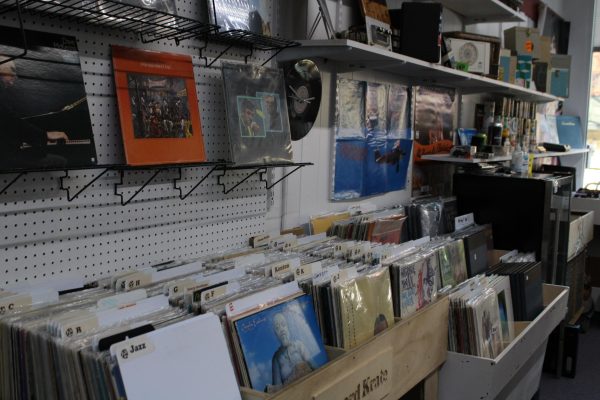
“If you’re a musician, or just like music, there’s something special about something physical like a cassette,” Kirk said. “It’s a tactile thing.”
Being raised in the 1970s and 80s, Kirk grew up with the necessity for these physical formats, later inspiring him to create his store.
“My earliest memory is when my aunt would let me play records off her record player. I listened to the radio and had some hand-me-down records, but I didn’t have any money to buy records,” Kirk said. “I guess maybe in high school I just started buying what I could.”
Owning music is a foreign concept for many in the day of streaming and downloading. But prior to the digital revolution, listening to a particular album or artist required either a call to your local radio station or owning a physical copy of the music.
“One day, I went to a yard sale and they had ‘Dark Side of the Moon’ by Pink Floyd.” Kirk said. “My life changed. Because it was mine! I heard these songs on the radio, and I actually had my own copy to listen to, start to finish.”
Amelia Fountas, a junior and vinyl hobbyist at Wakefield High School, has been listening to records since childhood. Buying her first record in freshman year, it quickly became a passion and later helped form a love for 60s and 70s music. She shops at Record Krate, as well as various other record stores in the Raleigh-Wake Forest area.
“It’s fun just going to different stores and shopping for my favorite songs,” Fountas said. “I get to hold the music in my hands. It’s a whole hobby by itself.”
Mostly in album form, records provide a more comprehensive way to listen to music, rather than mixed playlists.
“I’d never listen to a full album all the way through on my phone, but when I’m listening to a record, I’m forced to listen to new things I wouldn’t necessarily choose,” Fountas said. “I’ve found a lot of new songs that I like that way. It forces you to care about the music.”
A physical copy of an album not only feels different but can literally sound different. Although mostly due to distortion, vinyl can often have a warmer and fuzzier sound.
Gus Korogi, a senior at Wakefield, has been listening to records for over four years. A musician and hobbyist, his large collection of music features anything from rare musical soundtracks to some of the most famous albums of all time.
“[Records] offer something completely different,” Korogi said. “They sound better, at least to me. I can have a physical collection of music rather than playlists or downloaded albums.”
Although vinyl is certainly the most renowned, the early 20th century saw radio as the most common form of music listening. It found its way into cars during the 1920s and 30s, elevating it from an upper-class novelty to an everyday object for most. Whether it was talk shows, music stations or news, many connected to the outside world through their local stations.
Radio was often deemed the superior method of music listening well into the 2000s, especially prior to the invention of smartphones. WCPE, an international classical radio station finding its home in North Carolina, still operates to this day from its office and broadcasting antenna in Wake Forest.
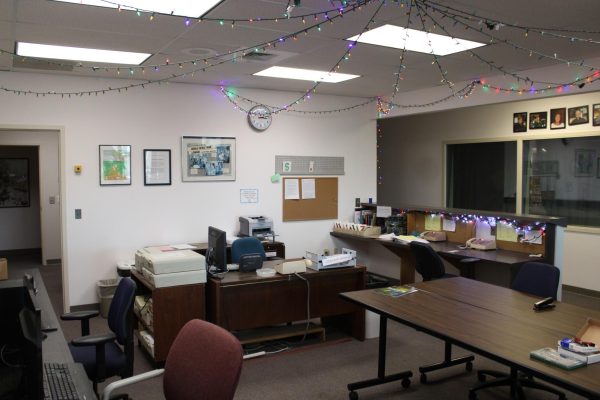
Emily Moss is the music coordinator for WCPE, having worked there for three years. Her job is to curate music playlists for the day, as well as ensuring the request program runs smoothly, with the help of her assistant.
“I think we offer something that [streaming services] do not,” Moss said. “I wouldn’t compare [streaming services] and radio. Our listeners have a vote with what we play, what we are, and we take them into consideration.”
WCPE, and radio stations as a whole, cater to and focus on the listener. Whereas Spotify focuses solely on the sound of music, announcers for WCPE introduce songs, composers, artists and time periods with facts and viewer requests.
Although you have more control over streaming services’ exact music, holding personal conversations with radio announcers is something special that simply isn’t as widespread as it once was.
The Classical Station interacts with listeners in other ways, too. Varying from music trivia to composer interviews, the experience goes beyond the music; over 30 employees work to make the listener feel not only catered to but part of the station. Passion for both the music and the listener cultivates a rich and satisfying experience.
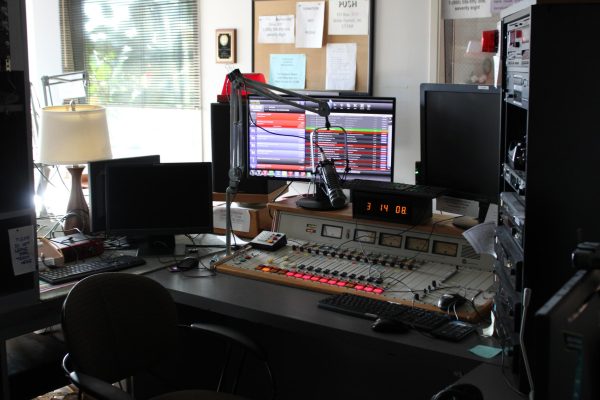
“I love classical music. I love the radio. I love the relationship we have with our listeners,” Moss said. “I encourage young people to get on the radio. Their car has a radio, and it has something to offer that other formats don’t. It’s just really special and unique.”
Music exists everywhere, which is a fact often taken for granted. It’s important not only to recognize artists but to recognize how the music gets to us. No matter how you listen to music, be sure to enjoy it in a way that caters to you.
“Would I say I enjoy it? Yes, I would. Has my hobby become a crazy job? Do I work harder now than I’ve ever worked? Yes, all that,” said Kirk. “At the end of the day, these bins hold [records] that I can always listen to. Anyone can bring [one of these albums] home and listen to it all day. It’s worth it.”




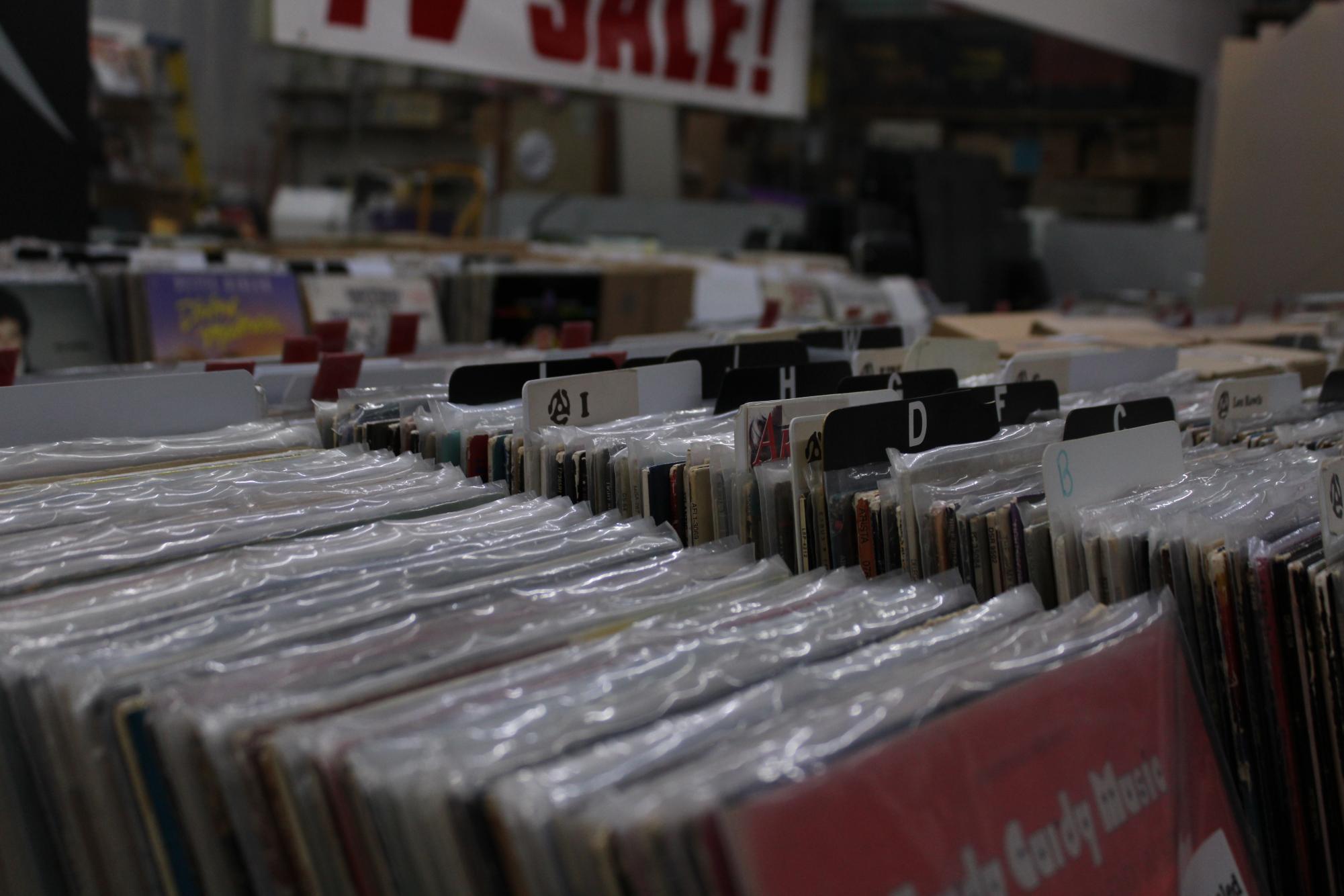
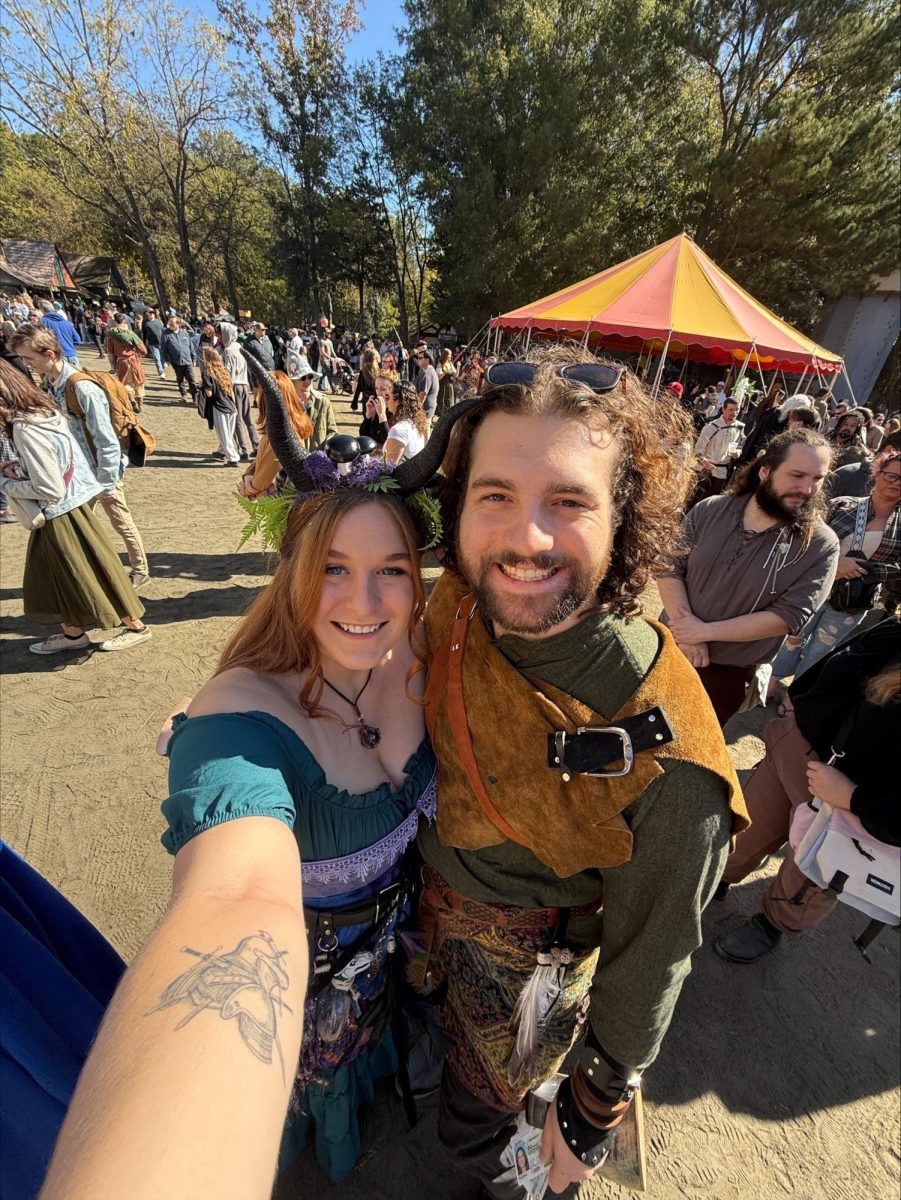
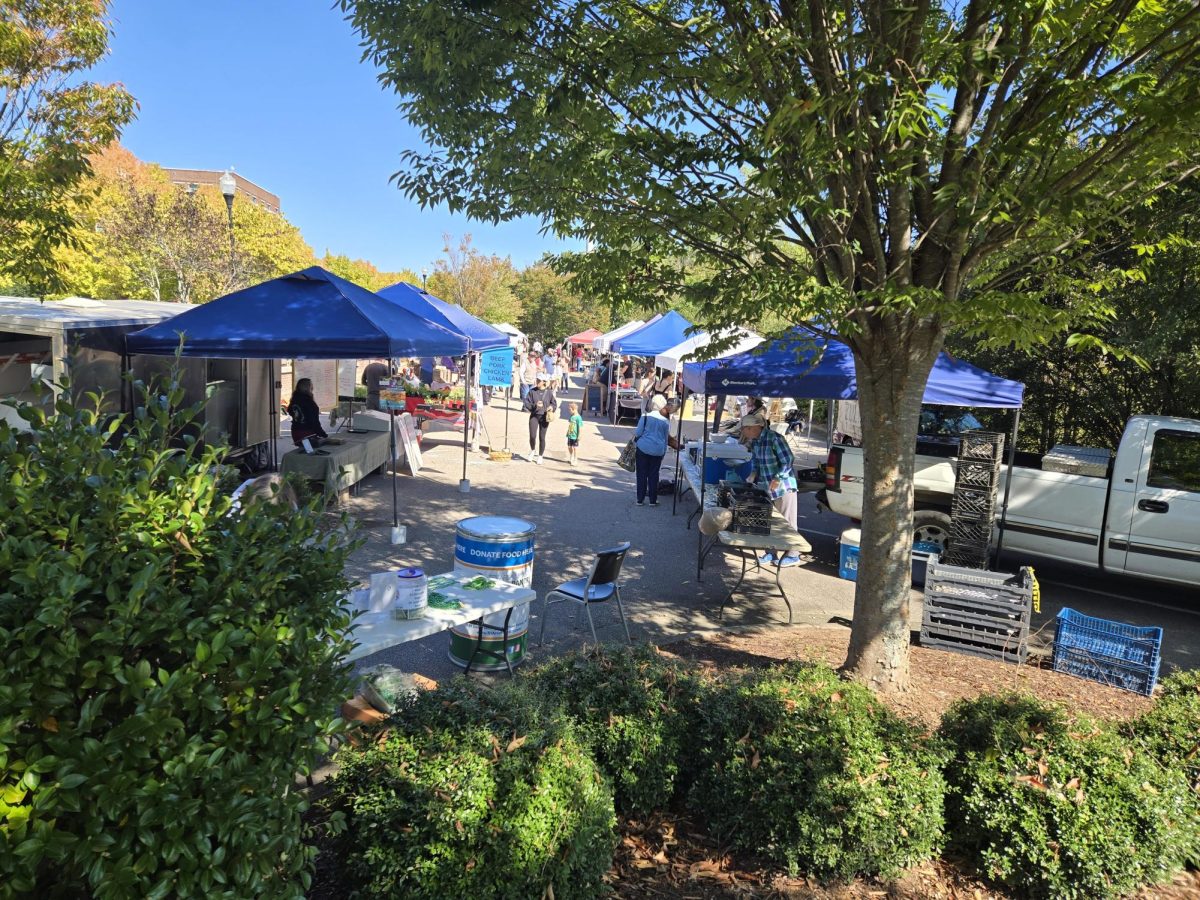
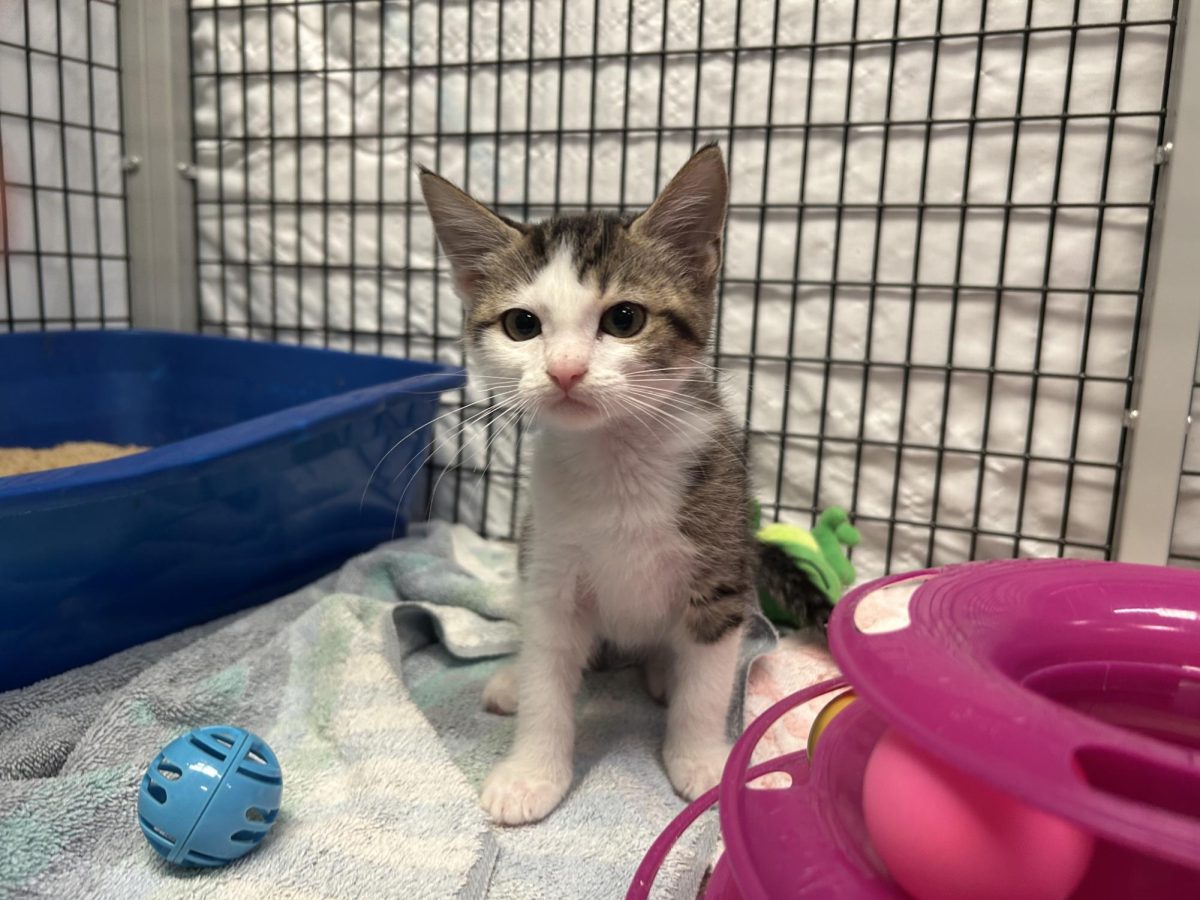
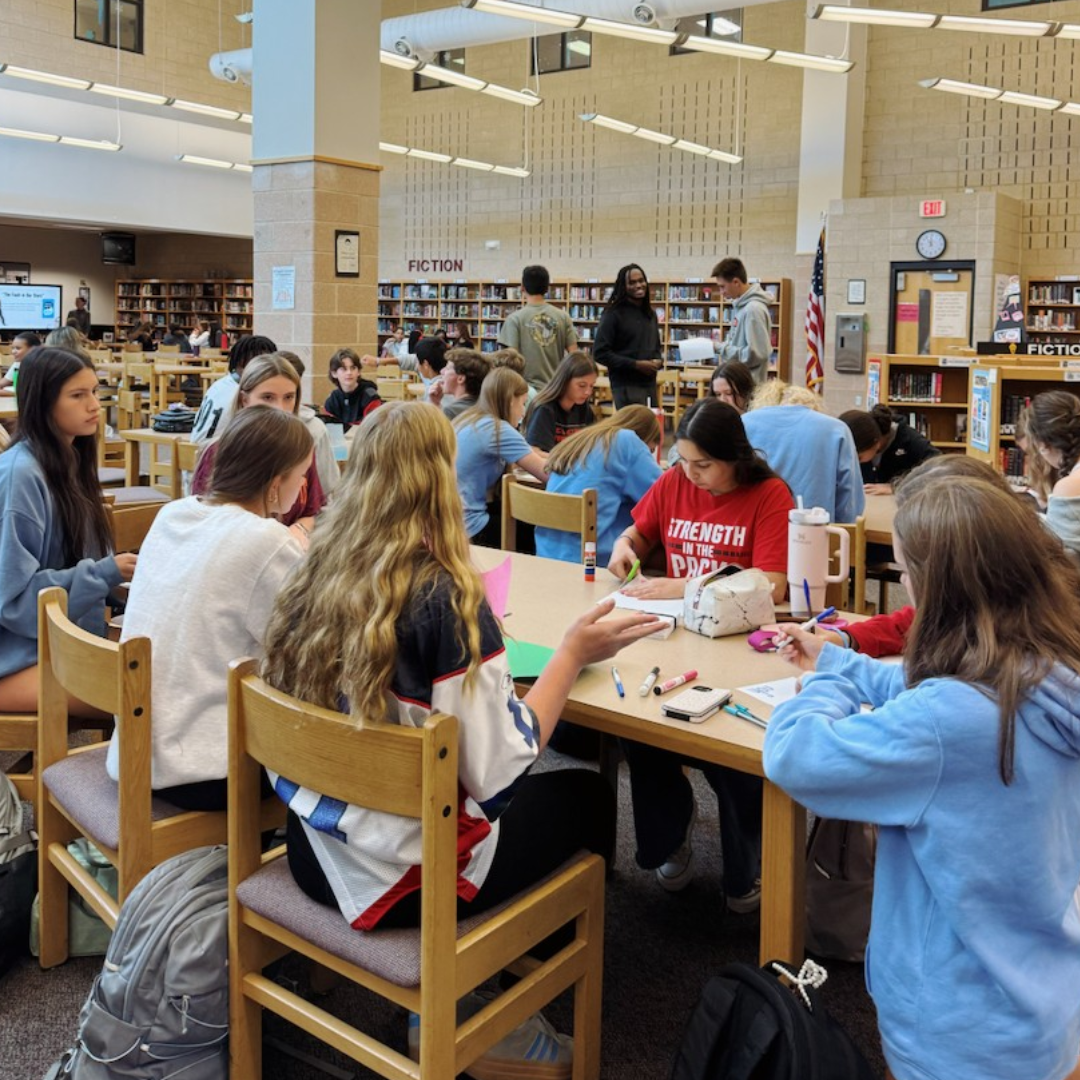
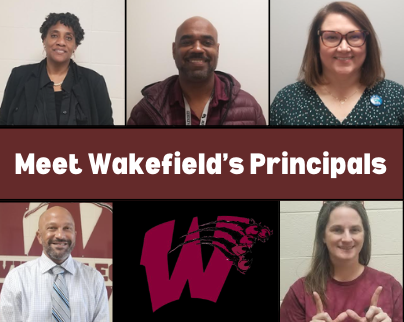
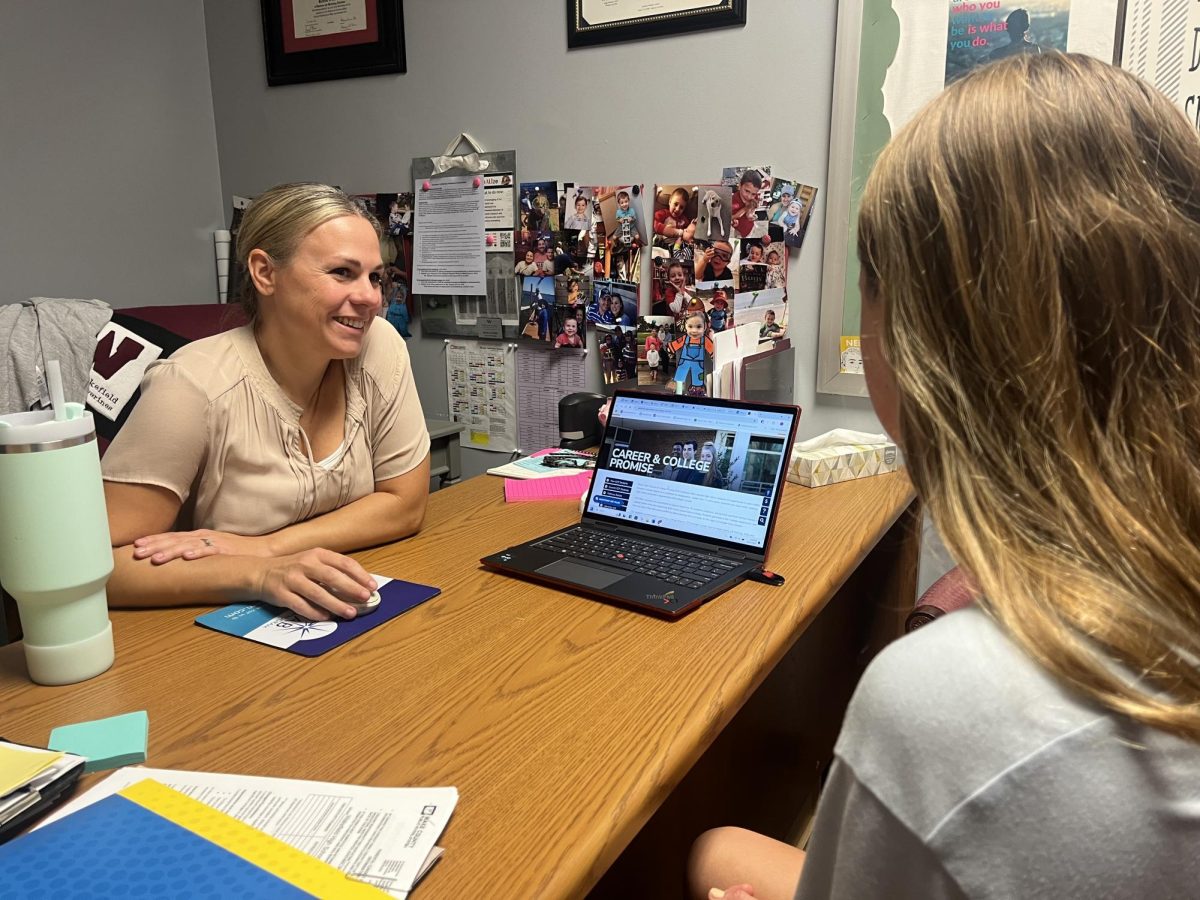
Bob • Feb 23, 2024 at 2:29 pm
Great Article!!!!!!